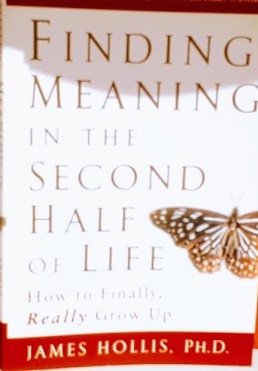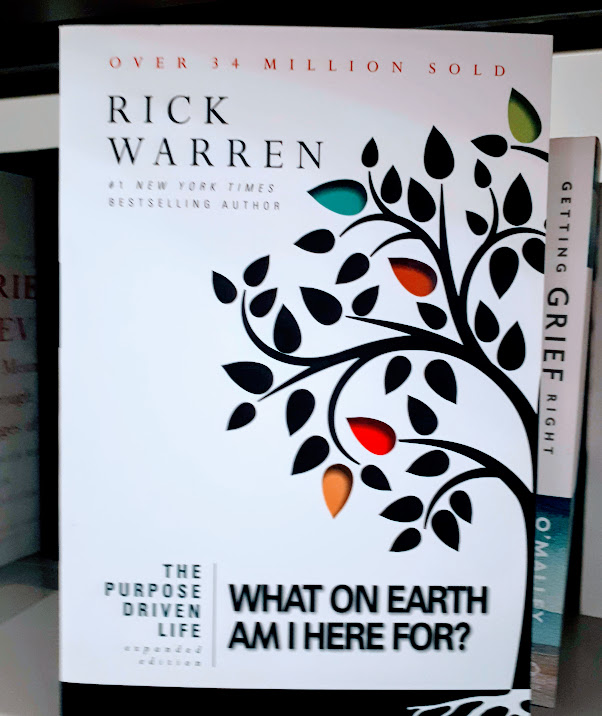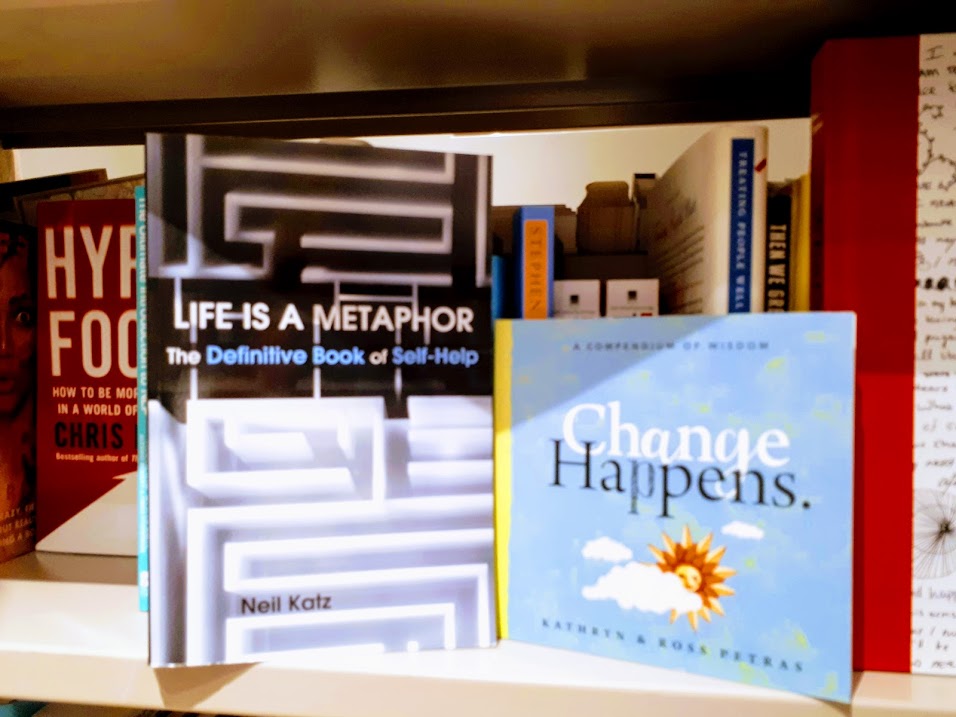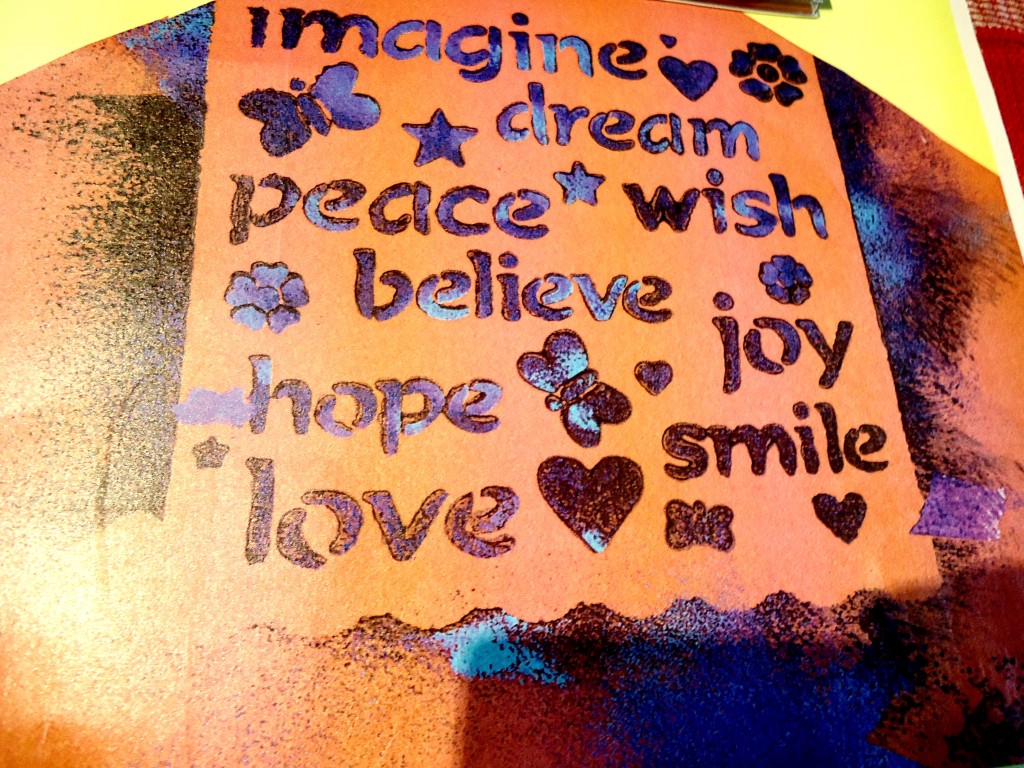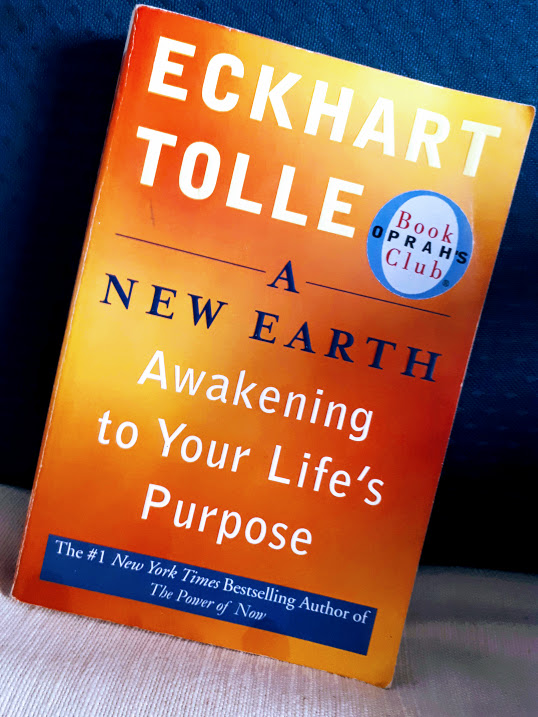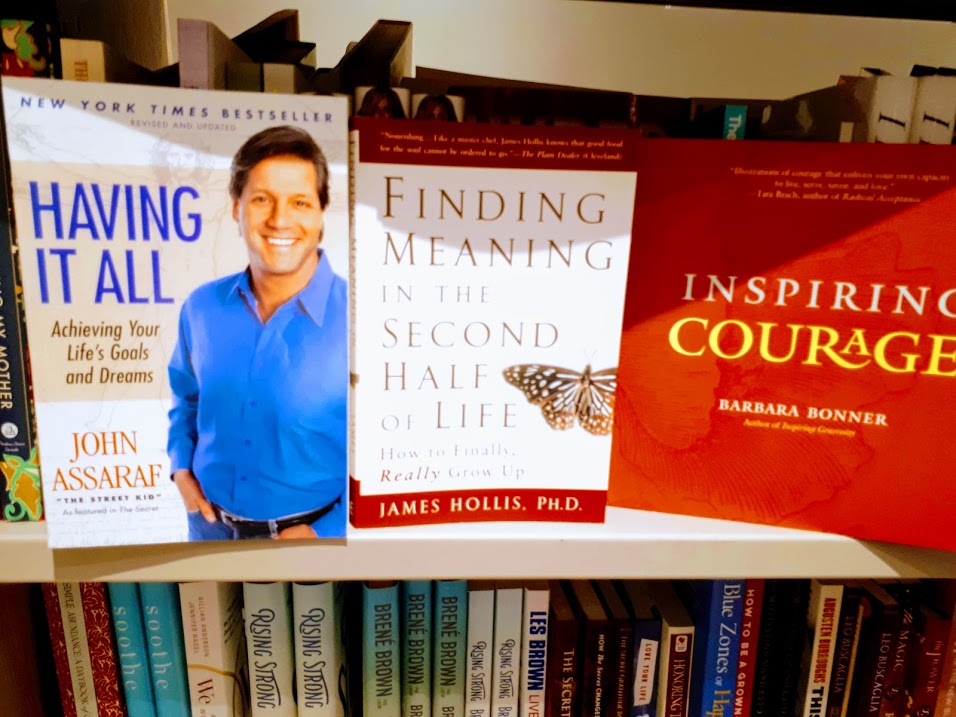This happened the other day when I was with some women friends. Somehow in the course of conversing on many different topics, “purpose” came up. Two people said they weren’t sure what their purpose was which is fine. Others said that taking care of children, grandchildren, work, or volunteering, was their purpose in life now. Others yet were confused about how to find purpose.
Many times, it feels that we’re just thrust into the various experiences and roles we play through family, friends, the educational system, society, and the marketplace. Many look back in life and wonder how much they had to do with knowing what their purpose in life was or should have been.
“We have taken birth to evolve; but we are so allured by the worldly desires that we forget the real purpose of life.”
―
We are all evolving. From my own experience, purpose changes throughout a lifetime. What is a person’s purpose in youth may not be so in one’s later years. My purpose, for most of my younger life, was to be a student. I sort of fell into this as it was what my parents wanted for me. In fact, it is what society wants for each and every one of us. There are very few societies that do not put a high premium on education. The purpose behind sending us to school has far-reaching effects.
“We put our children through their paces in school not so that they will learn something, or master something, or meet any standards. No. We give them tools so that they can experience the joy, the passion, of creating. All we are doing is saying, “Here, if you know this, there is more you can make; there is another path you can map; there is another song you can compose.” School—from pre-K to postdoc programs—exists so that we can all build more from within ourselves and with our colleagues.”
―
Never once in my life do I ever recall my parents, educators, or friends discuss with me what it meant to live a life of purpose. The big question was always: “What do you want to be when you grow up?” The answer changed. Sometimes I knew and sometimes I didn’t.
I knew, subconsciously, that what I wanted to be when I was grown up had something to do with the work I would do in the world. People got paid for the work that they did and so would I. The way I saw it then was work as a means to get money. It was only as I grew older that I realized that the question could have been worded differently – more along the lines of: What purposeful life work do you want to pursue when you are older? That might have caused me to think about other reasons for working besides money.
“If you make money, you might not make meaning.” ~ Guy Kawasaki
Finding “purpose” seems like such an elusive thing when you’re struggling to keep up with work, family, society, and heaven knows what else. There are very few people who can get by without working. The reality of life is that not everyone is able to be employed in work that they are truly passionate about – and brings purpose to their lives.
I am always reminded about Maslow’s hierarchy of needs. His theory is that we don’t reach to the point of self-actualization unless our basic needs for food, safety, love, and self-esteem are met. For many, putting food on the table is as far as they get on Maslow’s pyramid. We are indeed fortunate if we go beyond that to all the stages and enjoy the growth and inner development that self-actualization brings.
What a man can be, he must be. This need we call self-actualization. ~ Abraham Maslow
Having said all that, as humans we’re always dissatisfied. We make a good salary, but we want a bigger one. We have an ok car but a bigger one will be better. We have a semi-detached house but we want a detached house. Our neighbours go to their cottage every weekend so we should look for a cottage. Somehow, we feel that the more we have, the happier we will be. It takes many years of living to realize that the “treasure” we’re seeking isn’t found in being able to acquire more material goods.
“The purpose of life is not to be happy. It is to be useful, to be honourable, to be compassionate, to have it make some difference that you have lived and lived well.” — Ralph Waldo Emerson
Purpose is definitely tied to usefulness. We all have that innate desire to be making a difference in the lives of those around us and in our broader world. It doesn’t have to be anything earth-shattering to make us feel useful – holding the door for someone, offering a seat to an elderly person, babysitting for a mother who needs a break, and so forth.
My most purposeful moment in life came many years ago when asked to go and play the accordion at West Park Healthcare Centre, Toronto. A trusted relative was a volunteer in charge of a weekly group session. I was new to accordion playing but knew many pieces from my various music books. With much coercion and encouragement from her, I decided to go.
She told me to play as the group were being brought in – some in wheelchairs. As I was playing along, a mother came in with her son in a wheelchair. This young man became so excited and animated when he heard the music that I forgot all about being a novice player. In that moment, it seemed that this was the only purpose I had for living. My playing brought happiness and joy to this young man and brought satisfaction to me ten-fold.
Later on, as the session went on and I played, many volunteers and staff got up and danced. Everyone was enjoying themselves. I’m relating this to show that purpose can evolve from the unexpected. I was nervous about playing at first but received the energy to play from the enthusiasm of the group. In all my years of paid work, I never felt as useful as on that day. The patients were so happy.
Dr. Susan Biali, a medical doctor, health and happiness expert, life and health coach, professional speaker, flamenco dancer and author, had this to say about her own life:
“I’ve found that living my way into purpose has been a process. It’s a journey, not a single “aha” moment. I do sometimes have those, but ironically I will think that a certain “aha” is going to take me to a certain destination, and I end up in another place entirely. There’s one thing I can always bet on, though: the unexpected destination turns out to be far better for me than the original one I might have planned. Ultimately, I do believe God is in charge of it all, and allows both the successes and failures (as well as a certain amount of flailing or missteps that serve to test and teach me). Each stage may not always come in an appealing package, but it’s always good for my development and my life.
So, for those of us older ones who don’t know what our purpose is, it’s a process. You may still grow into it. Perhaps, you’re already living your purpose but just don’t know it. The route is circuitous. It’s not a one-size-fits-all kind of thing. We’re never too old to learn, grow, and live out our purpose or change our purpose along the journey.
“Those who improve with age embrace the power of personal growth and personal achievement and begin to replace youth with wisdom, innocence with understanding, and lack of purpose with self-actualization.” ~ Bo Bennett

